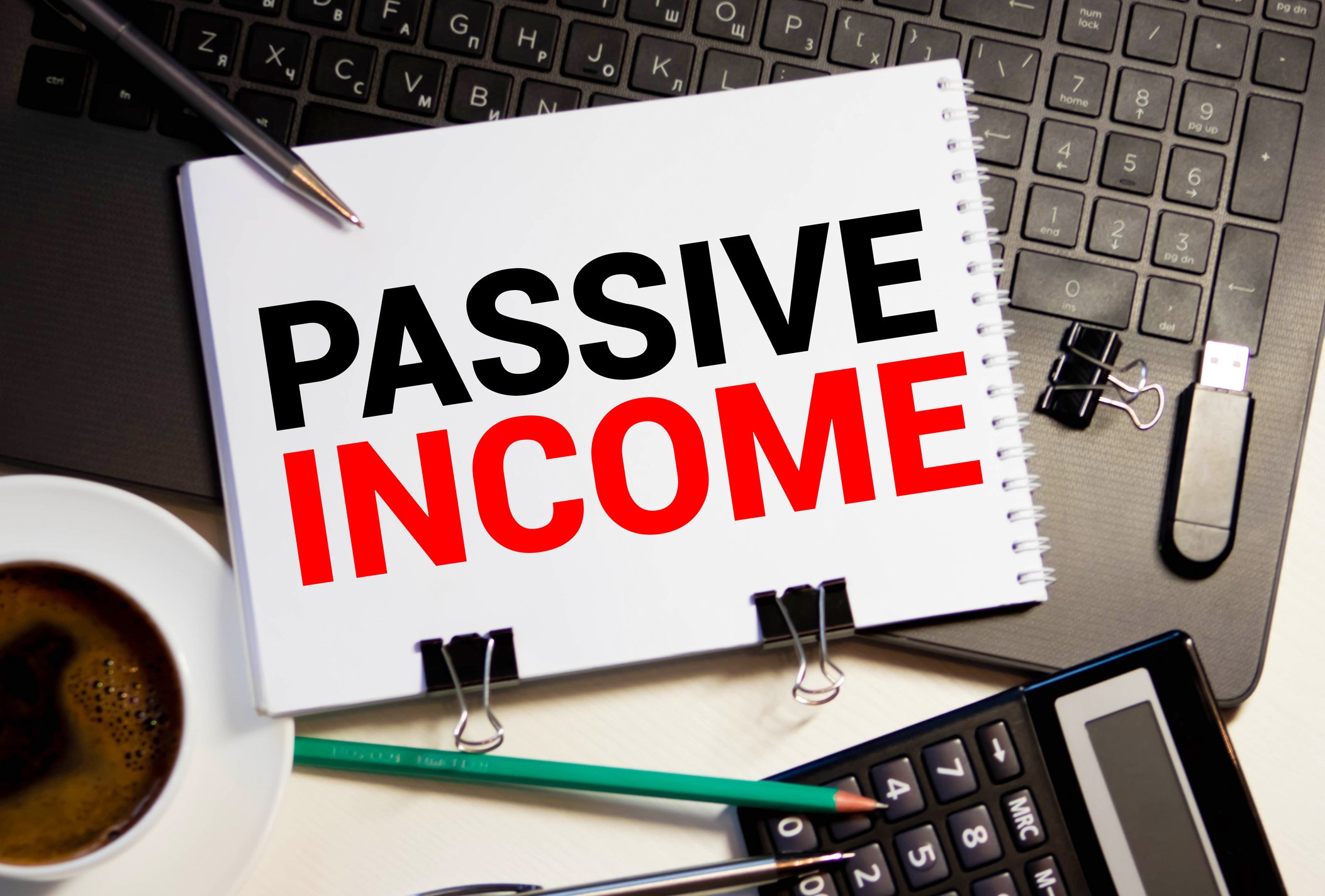What happened
The shares of net lease bellwether Realty Income (O +1.63%) dropped roughly 31% in March according to data from S&P Global Market Intelligence. But that was hardly the only net lease real estate investment trust (REIT) to fall on hard times during the month. National Retail Properties (NNN +0.64%) declined just under 37%, and STORE Capital (STOR +0.00%) fell nearly 45%.

Image source: Getty Images.
For context, the S&P 500 index fell 13%. The average REIT, as measured by Vanguard Real Estate ETF, dropped about 20%. So these net lease REITs were particularly hard hit relative to the broader market and the REIT sector in general.
So what
Net lease REITs like Realty Income, National Retail, and STORE are normally considered low-risk businesses. They own properties that are leased to single tenants who are responsible for most of the costs of the properties they occupy. Further, tenants usually sign long-term leases, often with rent escalators built in, which provides these REITs with stability through economic downturns. The REITs make the difference between their financing costs and the rental rates they charge, and, to oversimplify a bit, just have to sit back and collect their rents.
The fly in the ointment today is that a significant portion of these REITs' properties are in the retail sector. National Retail is basically 100% in retail properties, while around 86% of Realty Income's net operating income comes from retail. And while STORE Capital claims that only around 19% of its rent comes specifically from retail, services make up around 65%. That's a total of 84% -- much of which overlaps with what its peers would describe as retail. Put simply, all three are heavily exposed to retail assets.
The broad market decline in March was driven by the spread of COVID-19. In an attempt to slow the spread, the United States has asked, or in some places demanded, that people physically distance themselves from each other. That has included the shutting of nonessential businesses. Those that have been allowed to remain open, such as restaurants, are operating at partial capacity (only for takeout and delivery, in the case of restaurants). Even those that have been deemed necessary businesses, like pharmacies, have had to deal with a drop-off in foot traffic as people follow social distancing guidelines and remain in their homes as much as possible. This is a terrible situation for any landlord who owns retail property.
At this point there are concerns that retail REITs like Realty Income, National Retail, and STORE won't get paid the rents they are due. Worse, some tenants could go out of business if social distancing guidelines stay in place long enough. That could easily happen if the stores to whom these REITs lease space lack the financial strength to reopen once health restrictions are lifted. If there is a rash of bankruptcies in the retail space, these REITs could easily see a drop in occupancy.
And today investors appear to be fearing the worst. That isn't unreasonable, since COVID-19's spread in the United States still seems to be on the upswing. The big problem is that, if this situation drags on long enough, these REITs could have a hard time supporting their dividends.
Now what
Although net lease REITs have historically held up well during recessions and other difficult periods, none of these companies has ever experienced anything like COVID-19. Although the outlook is far from certain, the price drops here have been substantial and may interest more aggressive investors. The yields at all three of these REITs are higher than they have been in a very long time, though there is a very real risk of dividend cuts as the long-term impact of COVID-19 takes shape. Still, Retail Properties and Realty Income have impressive histories (measured in decades) of returning value to shareholders via steadily rising dividends. (STORE is young in comparison to this pair.) Even if the near-term headwinds lead to a dividend cut, it is likely that dividend growth would quickly be a core management goal again. If you believe that the United States will survive COVID-19 and return to a more normal state, now might actually be a good time to do a deep dive at Realty Income, National Retail, and STORE.








